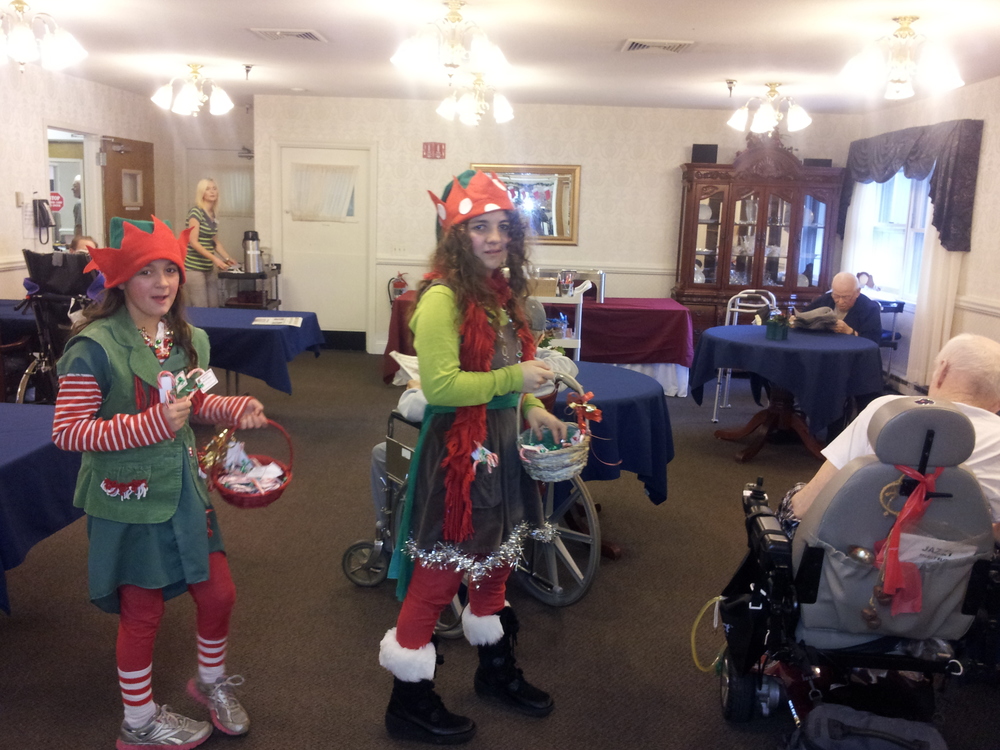Our Caring Homecare Staff
/This post is dedicated to our amazing staff who we think are the finest team for home health care in the Conway, Wolfeboro, Wakefield, NH, and Sanford, ME areas. This post serves two purposes.
1 . It gives us opportunity to boast about this truly amazing team of caregivers, and 2. We'd also like to let them know how much they are appreciated. We do our best to make them feel appreciated and to let them know they are valued, but putting it here sort of carves it in stone for all the world to see.
First: Their care for their clients is of the highest standard
they:
Give their clients family peace of mind knowing that their loved ones are cared for.
Work long tiresome hours
Sleep away from home (and their family) at times to care for clients through the night
Are willingly woken up on those nights by clients needing their assistance (some nights numerous times)
Work holidays so their clients are not unattended
Perform tasks many people would not be willing to perform
Treat their clients with a high level of dignity and respect
Perform little "extras" in the clients home to let the clients know they are appreciated and to put a wow in their clients day
and so much more
Second: They care for each other.
In the homecare field it would be very easy to establish the "I'm an island" mentality as more often than not, the caregiver is working alone in the clients home with the client. They are not with other caregivers or staff. Yet I hear comments on a regular basis which reveal the level of care these caregivers have for one another, for their team. When one of them is offered a shift and she says "I can do that shift but why don't you offer it to so and so, I know she could use the work", that is team spirit, it is a type of caring which is of the heart and can not be faked. It is a care which is reflected in their care for their clients. It also shows when one of our caregivers goes out of her way to drive a lunch to a fellow caregiver whom she knows took on a spur of the moment shift. I want you all to know those things are noticed, not only by us in management but by our clients and their families, and those things all add up to the awesome team you are.
Thanks For All You Do!










